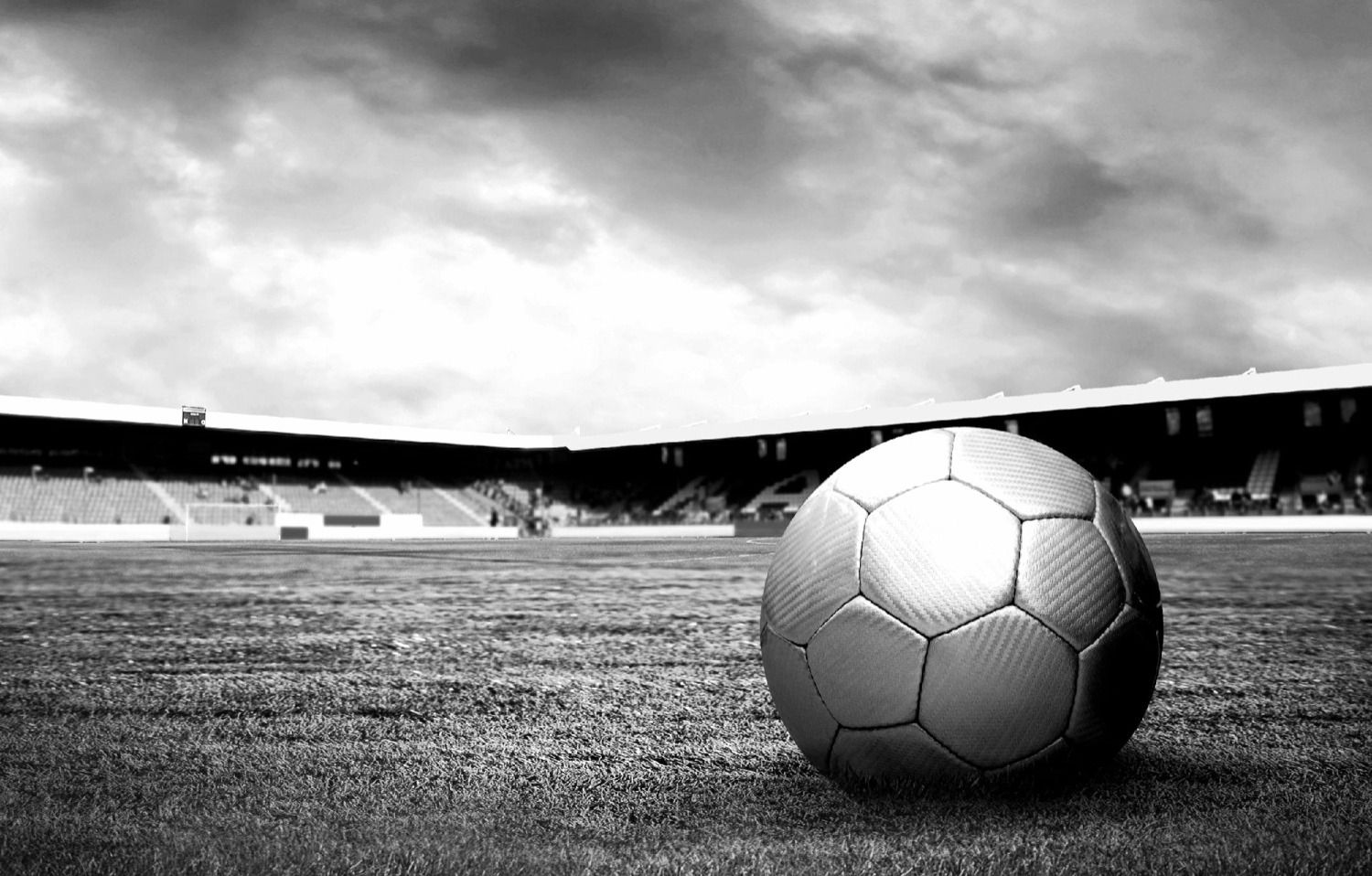
Roles and Responsibilities
Chairperson & Vice-Chairperson
-
Provide leadership and direction for the Club.
-
Oversee the work of the Club Committee.
-
Chair meetings of the Club.
-
Advocate of the football Club for the local community.
Secretary
-
Official contact between Club and County FA and other Clubs.
-
Ensure Club affiliation and league membership.
-
Ensure effective correspondence and communication.
-
Provide minutes of meetings for official Club records.
-
Match day duties to support teams and officials.
Treasurer
-
Manage and administer finances of the Club.
-
Create annual income and expenditure sheets and balance sheets.
-
Create and maintain a cash book for at least two years.
-
Ensure all payments and fines are paid on time and recorded.
-
Support all fundraising and sponsorship opportunities.
Development Officer
-
Recruit new coaches and volunteers.
-
Ensure all new-comers are inducted in to the Club.
-
Provide all new-comers with a brief of their role.
-
Ensure there is sufficient training for new coaches and volunteers, and ensure all existing training and qualifications are valid.
-
Establish links with local schools, and ensure they are aware of all forthcoming events.
-
Develop opportunities for young leaders and players.
-
Ensure all coaches and volunteers are recognised and rewarded.
-
Ensure all examples of FA Best Practice are followed and adhered to.
Child Welfare Officer
-
Understand and Communicate the club’s responsibilities when running activities for Children and young people
-
Work with the FA and League’s Welfare Officers
-
Understand the FA’s Respect Programme and develop best practice processes
-
Help all Club members understand what their Duty of Care is towards Children & young people
-
Responsible for FA CRB check on all new recruitments within the club
-
Monitor repeat incidents of poor behaviour and liaise with the committee and league or FA Welfare officers where necessary
Manager / Coach
-
Player Development: Design age-appropriate training sessions to enhance individual and team skills. Provide constructive feedback and encouragement to help players improve.
-
Teaching Fundamentals:Focus on teaching fundamental techniques such as passing, dribbling, shooting, and basic game strategies. Emphasise fair play and sportsmanship.
-
Creating a Positive Environment: Encourage a supportive and respectful environment where players feel comfortable learning and making mistakes. Promote teamwork and camaraderie
-
Safety and Well-being: Implement appropriate warm-ups, cool-downs, and injury prevention strategies. Be aware of any medical conditions or allergies among players. Follow safety guidelines during training and matches.
-
Communication with Players and Parents: Keep players and parents informed about training schedules, matches, and any relevant updates. Address concerns or questions in a timely and respectful manner.
-
Understanding Age Groups: Tailor coaching approaches to align with the physical, emotional, and cognitive abilities of players within specific age groups.
-
Promoting Enjoyment and Love for the Game: Create a fun and enjoyable learning environment. Encourage a lifelong love for the sport by emphasising the joy of playing football FOR ALL
-
Team Management: If coaching a team, handle administrative tasks related to match schedules, player availability, and team logistics. Foster a sense of team unity and cooperation
